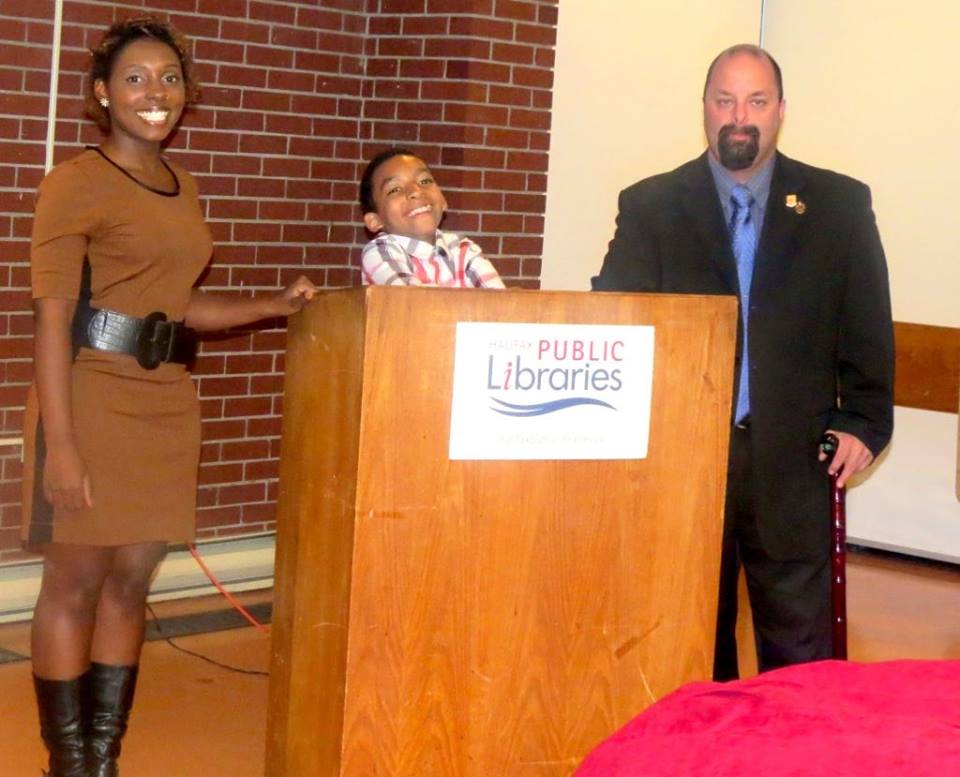KJIPUKTUK (Halifax) – It’s a little over four months since the powerful documentary My Week on Welfare aired on the CBC.
The documentary offers a no holds barred view into the lives of people caught up in Nova Scotia’s welfare system. People who struggle to survive on grossly inadequate benefits and who face prejudice all the time.
For many viewers the documentary was an eye opener.
Jackie Torrens, filmmaker and driving force behind the project believes its impact is still being felt.
For one, people still come out to see it, says Torrens. It’s been shown at public libraries, non-profits have used it to get their message out, it’s being shown at Community Colleges and as part of university courses. Now Torrens is beginning to get requests from all over the country.
There is even a move afoot to screen the documentary for provincial MLAs of all political stripes, and have a question and answer session with the people whose lives are documented, Torrens says.
The documentary also had an effect on the people who appeared in it.
“I knew what tremendous act of courage it was for people to agree to be in the documentary,” Torrens says.
“Not only to face society at large, and say yes I am somebody on Income Assistance, but without knowing what the reaction of the Department of Community Services would be. All I wanted was for the people who appeared in the documentary to feel good about it.”

Aron Spidle, one of the people featured in the documentary, agrees that participating in the project has changed him.
“I am not as ashamed as I was. Being a middle aged male you re not supposed to need social assistance. It’s still not my favourite topic of conversation, but I am not ashamed to talk about it,” Spidle says.
“It’s the reality, and there are people who need other people to speak out. I am more willing to fight for others if I have to.”
Just as the experience was liberating for the people featured in the documentary, it was equally so for many people on welfare who watched it, Spidle believes.
“The ones I have spoken with, in particular people who are on Income Assistance were stoked. They felt that finally they were being heard a bit, “Spidle says.
“For me it took 30 seconds to fall down those stairs, and then I couldn’t work anymore,” Spidle says. “It can happen in an instant. I never imagined I would ever need welfare, with my education, my resume, my work experience, my references, all of it. Now my body just refuses.”
“Others who see that realize they don’t need to be ashamed,” Spidle concludes.
One thing that took Torrens a bit by surprise were the many offers of help that poured in.
“It’s been a learning curve for (producer) Jessica Brown and me,” Torrens says. “When we started to get contacted by individuals who were moved by the story and wanted to reach out, I felt really ambivalent about it.”
“I am a storyteller, and I told the uncomfortable story of welfare in Nova Scotia, and if it made anybody who watched it uncomfortable then my job was done.”
“People were well-intentioned and wanted to help, but if they were honest they would see that the one they really wanted to help was themselves, to get rid of this uncomfortable feeling.”
“So I put my foot down and said I am more than willing to be the conduit. But I am asking that first you write a letter about welfare to elected officials, and send that same letter to the paper,” Torrens says.
“It was interesting to see some people fall by the wayside. There were lots who wrote letters. But if a letter is too much to ask, that was very revealing.”
Click here to stream My Week on Welfare.
Jackie Torrens and the people featured in the documentary will be delighted to screen and introduce My Week on Welfare at public events, university classes, and so on. Contact Jackie through the My Week on Welfare facebook page.




With the soaring produce prices, families will be challenged so much more.
i had not seen this program before and I was very moved by Sherreace’s story. I wonder if the family is making out ok, since the initial viewers probably responded generously. My wife and I are retired and comfortably off. Can you suggest anything we might consider which could improve their situation especially the education aspects.